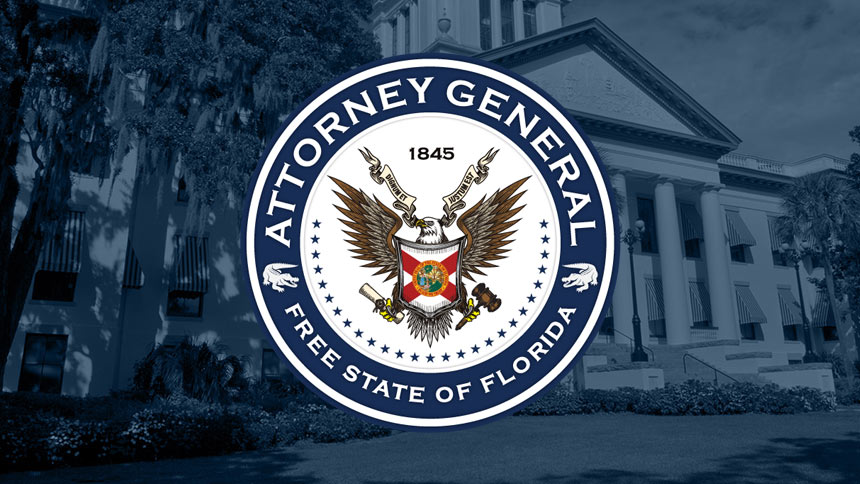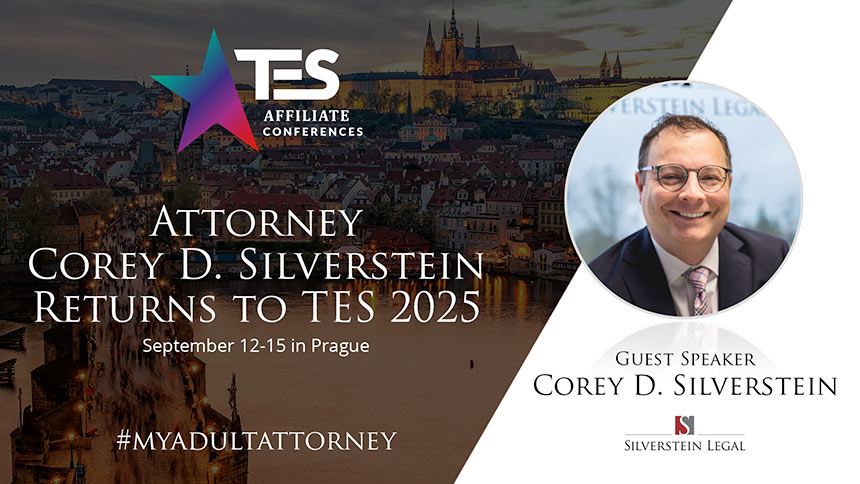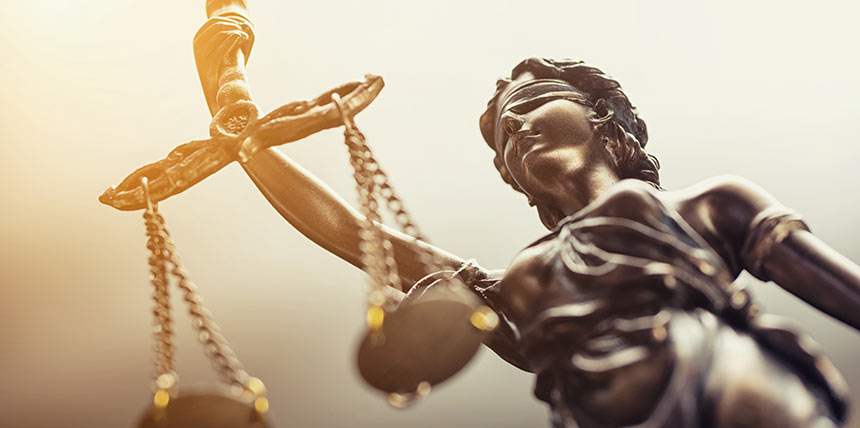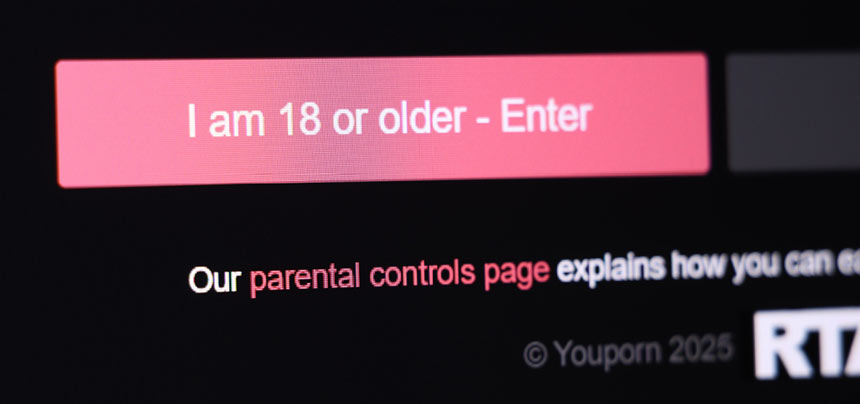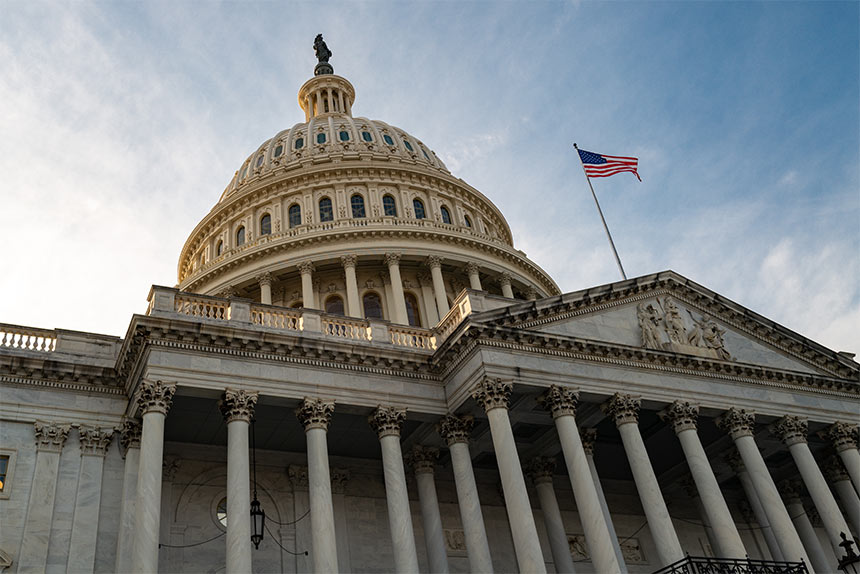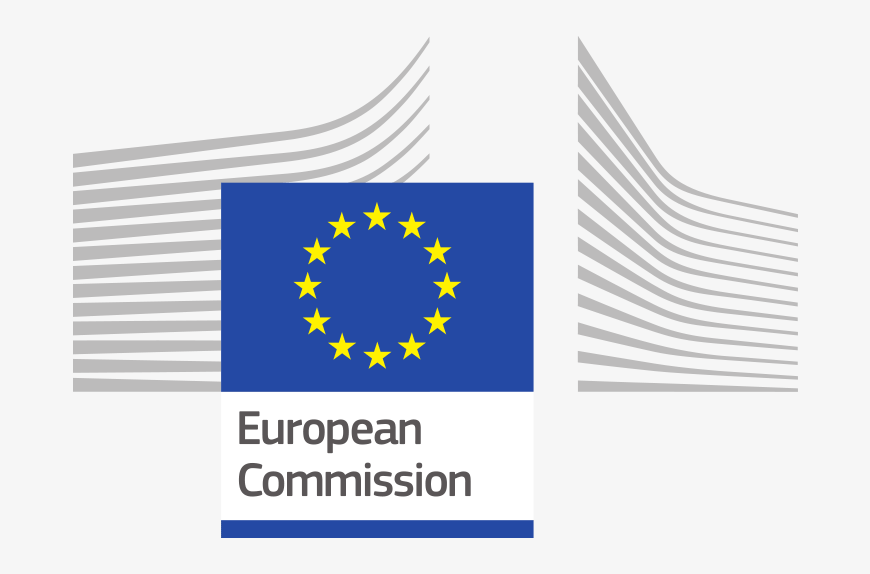North Carolina Hits the Industry Hard with HB 805
North Carolina House Bill 805 An act originally aimed at combating sexual exploitation in the adult entertainment industry has become a wide-ranging law in North Carolina, with significant implications for performers, platforms, and public policy on a number of unrelated issues. North Carolina House Bill 805, which was recently enacted by the state legislature, was initially a bipartisan effort to purportedly protect individuals from having nonconsensual sexually explicit content distributed online. However, as the bill progressed through the legislative process, it was amended to include a host of other provisions, particularly those related to transgender rights and parental oversight in schools. Featured In The September 2025 Edition Of XBIZ World Effective Date of the Law The legislative process for HB 805 concluded on July 29, 2025, when the North Carolina General Assembly successfully overrode Governor Josh Stein's veto. The law was ratified at that time, but it does not go into effect all at once. The sections of the bill that relate to the adult entertainment industry — specifically the requirements for age verification, consent, and content removal — are scheduled to become effective on December 1, 2025. Other provisions, such as those related to the use of state funds…


